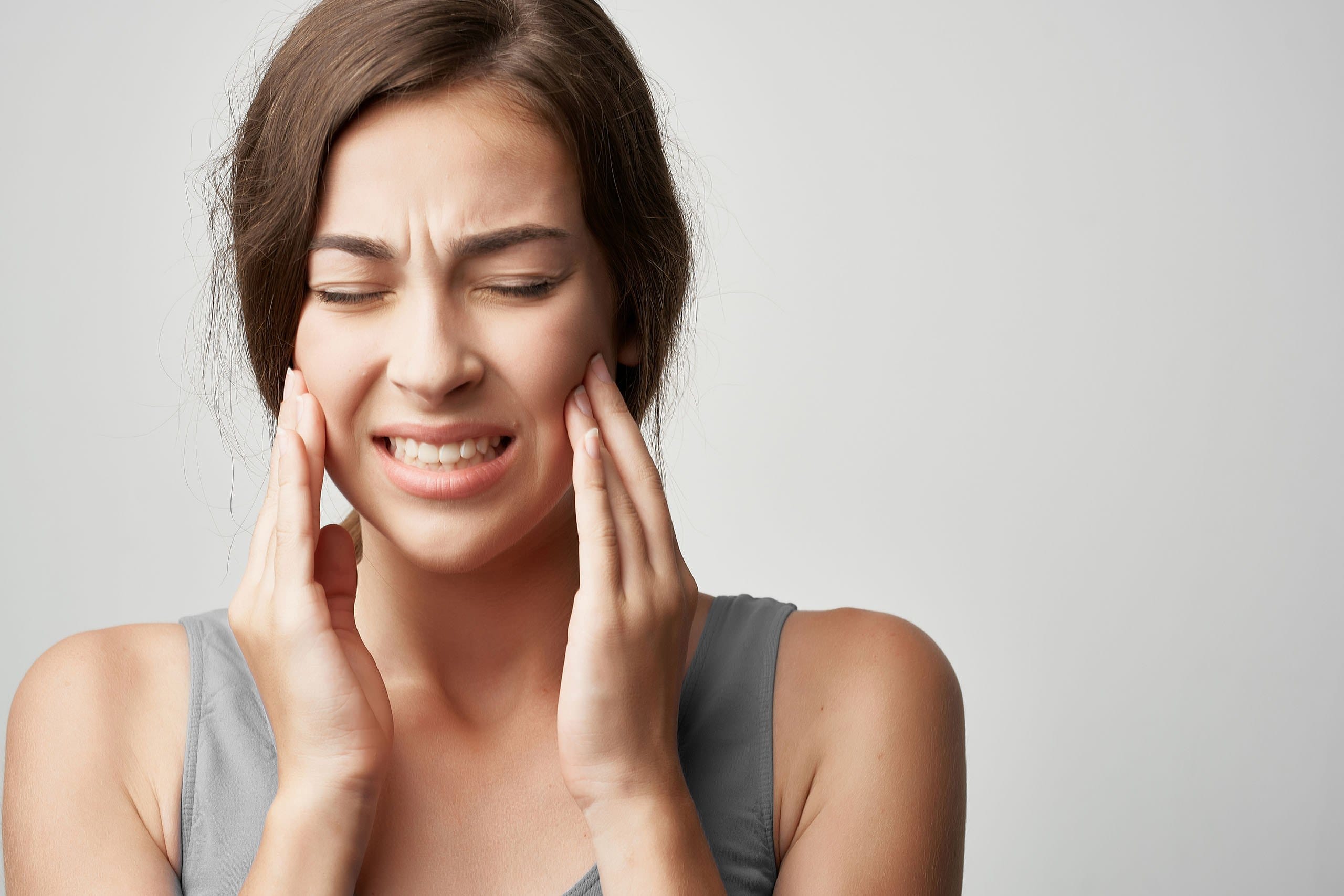Jaw Pain – Don’t Ignore the Warning Signs
Persistent or severe jaw pain should never be overlooked. Addressing the discomfort quickly and finding the underlying cause are both essential. Yuba City Dentistry Group recommends the following steps:
- Apply a compress: Use a cold pack or warm towel on the jaw for 10–15 minutes at a time.
- Rest the jaw: Keep your jaw relaxed and avoid clenching whenever possible.
- Control discomfort: Over-the-counter ibuprofen or acetaminophen can reduce pain and swelling.
- Seek prompt dental care: Jaw pain may be linked to more than teeth; it can stem from infections, TMJ issues, or other serious concerns. The cause of your pain must be diagnosed by a dental professional.
Contact Yuba City Dentistry Group
Professional evaluation is highly recommended when dealing with jaw pain. Call Yuba City Dentistry Group at (530) 803-4977 anytime, day or night. Our dental team offers immediate advice and arranges prompt care to help identify the cause of your jaw pain and begin effective treatment.
Schedule A Jaw Pain Consultation
Jaw Pain FAQs
What causes jaw pain?
Jaw pain may be caused by teeth grinding, TMJ inflammation, arthritis, injury, bite misalignment, cracked or infected teeth, or habits like gum chewing and nail biting.
Should I use heat or ice?
Both may help. Choose cold packs for sharp or swollen pain and warm, moist heat for sore muscles or stiffness. Use for 10–15 minutes and protect your skin.
Will a nightguard help?
Often, yes. A custom-fitted guard can limit damage from clenching or grinding and reduce stress on the jaw joint. We’ll evaluate if it suits your needs.
When is jaw pain an emergency?
Get emergency medical help if pain is paired with chest discomfort, shortness of breath, spreading facial swelling, fever, or difficulty opening the mouth. Afterward, contact us for dental care.
Can TMJ disorders go away on their own?
With proper diagnosis and simple care, such as eating soft foods, using heat or ice, reducing stress habits, and wearing a guard if needed, typically reduces the problem. Persistent symptoms should be evaluated.
What should I avoid during a flare?
Stay away from gum, chewy or hard foods, wide yawning, leaning on your chin, and clenching. Practice relaxed posture with teeth slightly apart and tongue resting on the roof of the mouth.
